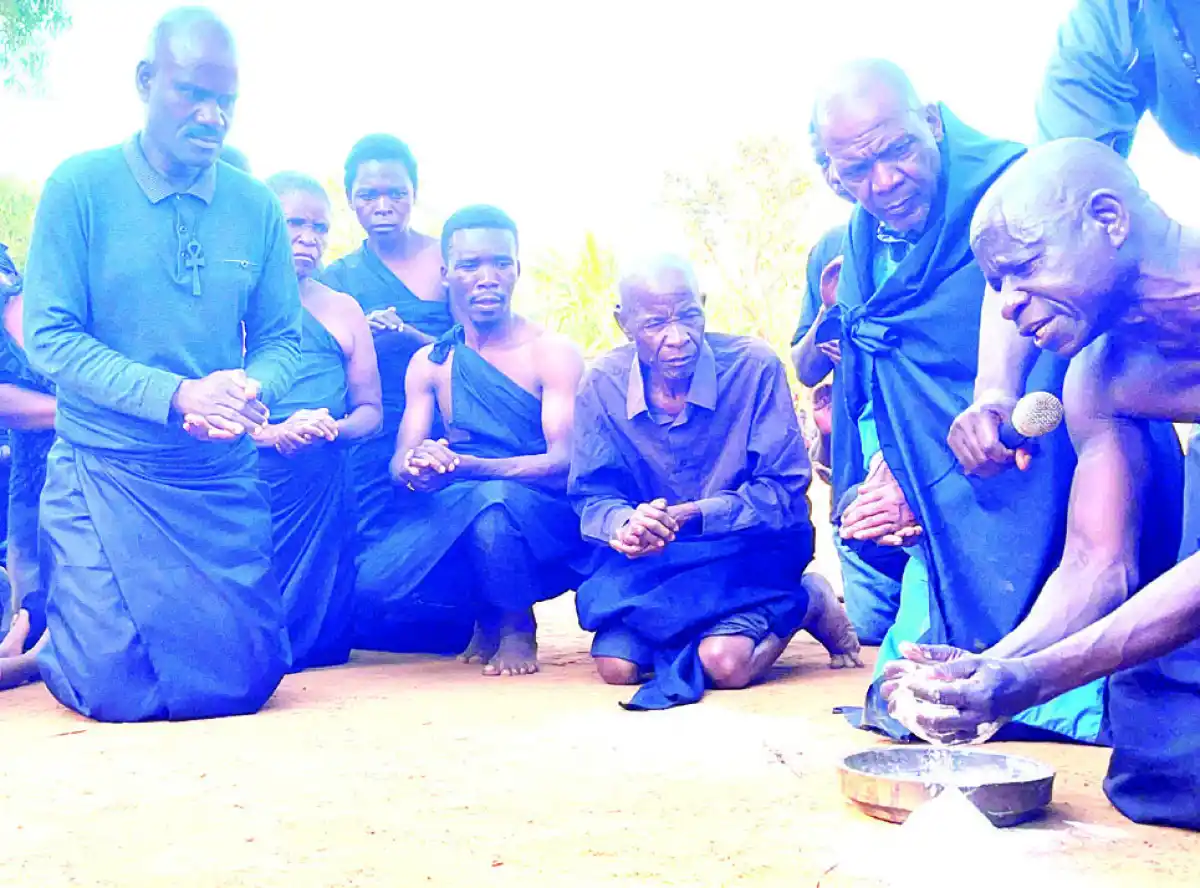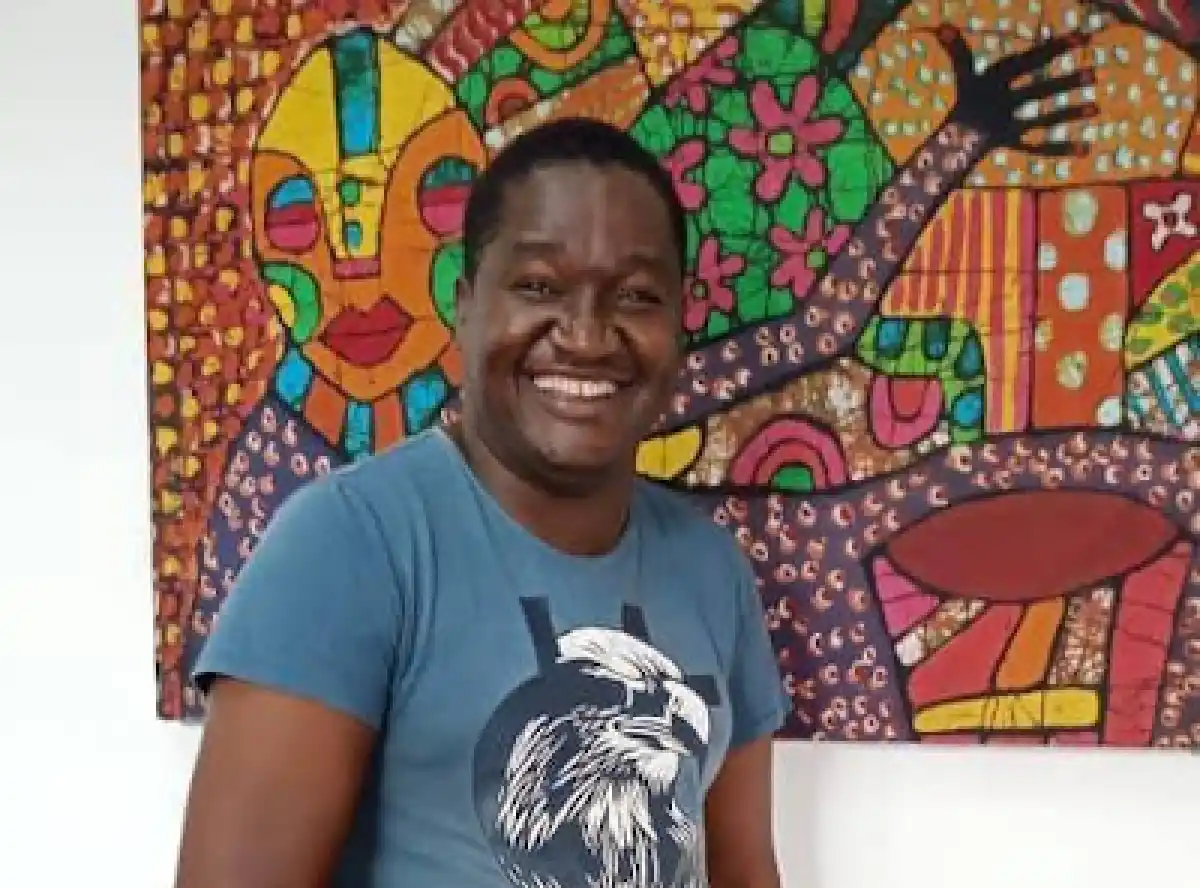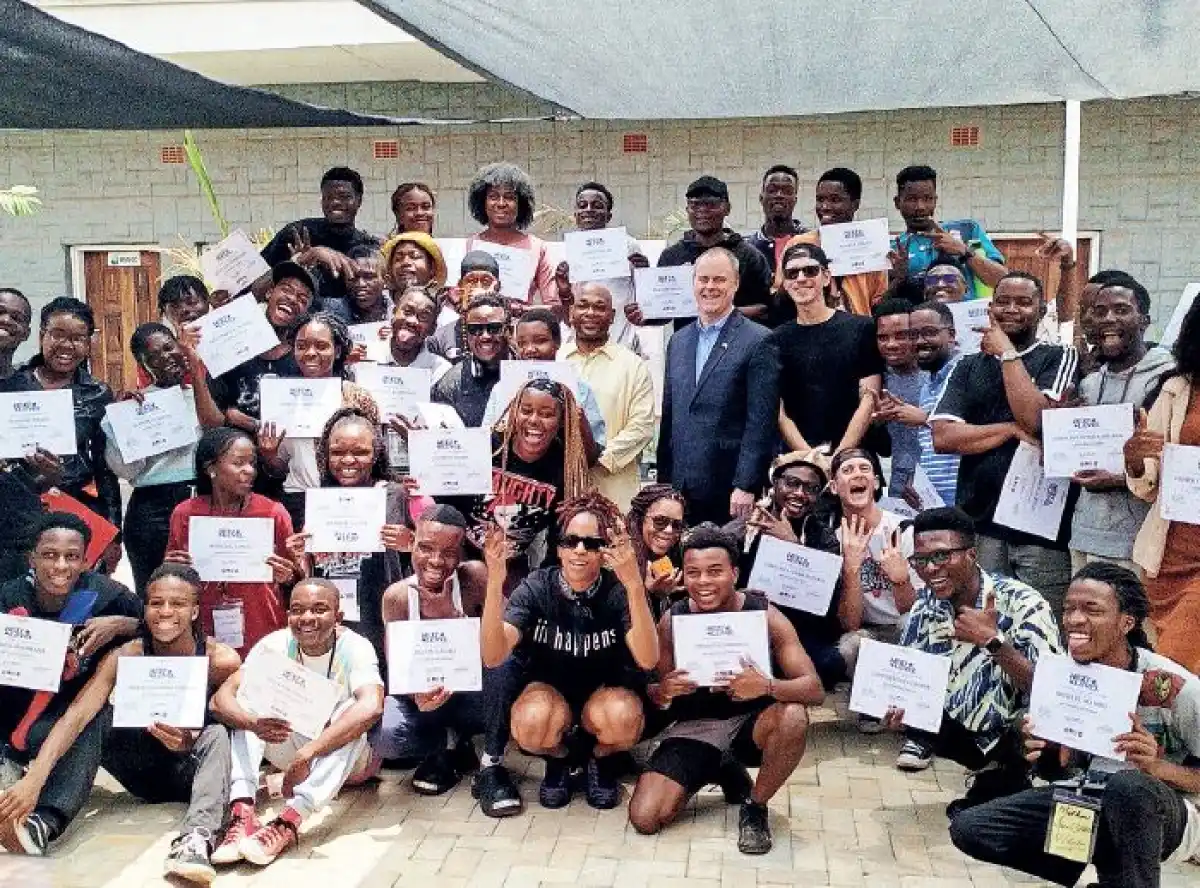Lost History Foundation has moved the Traditional African New Year Celebration known as Chilimwe from Msinja Shrine to Namiwawa in Blantyre.
The Chilimwe Celebration will be held on Sunday.
Sankofa Kasompha, who is responsible for mobilisation and communication for the foundation, said yesterday that they have moved the celebration due to unforeseen circumstances.
“Despite the change in location, the celebration will proceed as scheduled. We regret any inconvenience caused due to the change of venue. We remain committed to preserving our African heritage and fostering unity through this important celebration,” Kasompha said.
He said they were looking forward to welcoming guests from across Malawi and beyond to the commercial city for what he described as a unique and significant cultural event.
“The event will be streamed live on social media platforms such as Facebook and YouTube, allowing those, who are unable to attend in person to participate virtually and experience the celebration from anywhere in the world,” he said.
Kasompha called upon Malawians to be proud of their culture, traditions and spirituality and go back to their original way of doing things.
He said the event is special as it is a revival of an ancient tradition, which has existed for 700 years.
According to him, Makewana was supposed to lead the event but due to unforeseen circumstances, she will not be present.
“This event marks the onset of Chilimwe season when the skies upon up, rains start to come and the earth regenerates with nature blooming once again.
“This happens when the sun moves away from the Northern Hemisphere and crosses over the equator to the Southern Hemisphere where we are,” he said.
Kasompha added: “This astronomical event, known as the spring equinox, occurs annually between September 21-23. In 2024, the equinox will take place precisely on Sunday, September 22 2024 at 14:43hrs, heralding the start of the African New Year.”
He said that the transition symbolises the rebirth of the mother earth, a time when nature regenerates itself, seeds are prepared for planting and communities begin a new cycle of life.
“This event seeks to preserve and promote African heritage, impart indigenous knowledge, and elevate cultural traditions to a national platform.
“Let us visit the past and fetch knowledge that our ancestors used to preserve nature and honour the Creator,” Kasompha said.
He said Africans have long understood themselves as an integral part of the environment in which they live in and that their existence and cultural practices are intertwined with the rhythms of nature, and this profound connection is reflected in how they measure time.
He said in Southern Africa, the start of the New Year aligns not with the conventional calendar but with the cycles of the earth and sun.
Some of the activities set to take centre stage during the celebration include nsembe (libation) ceremony, presentations, feast and performances.
















